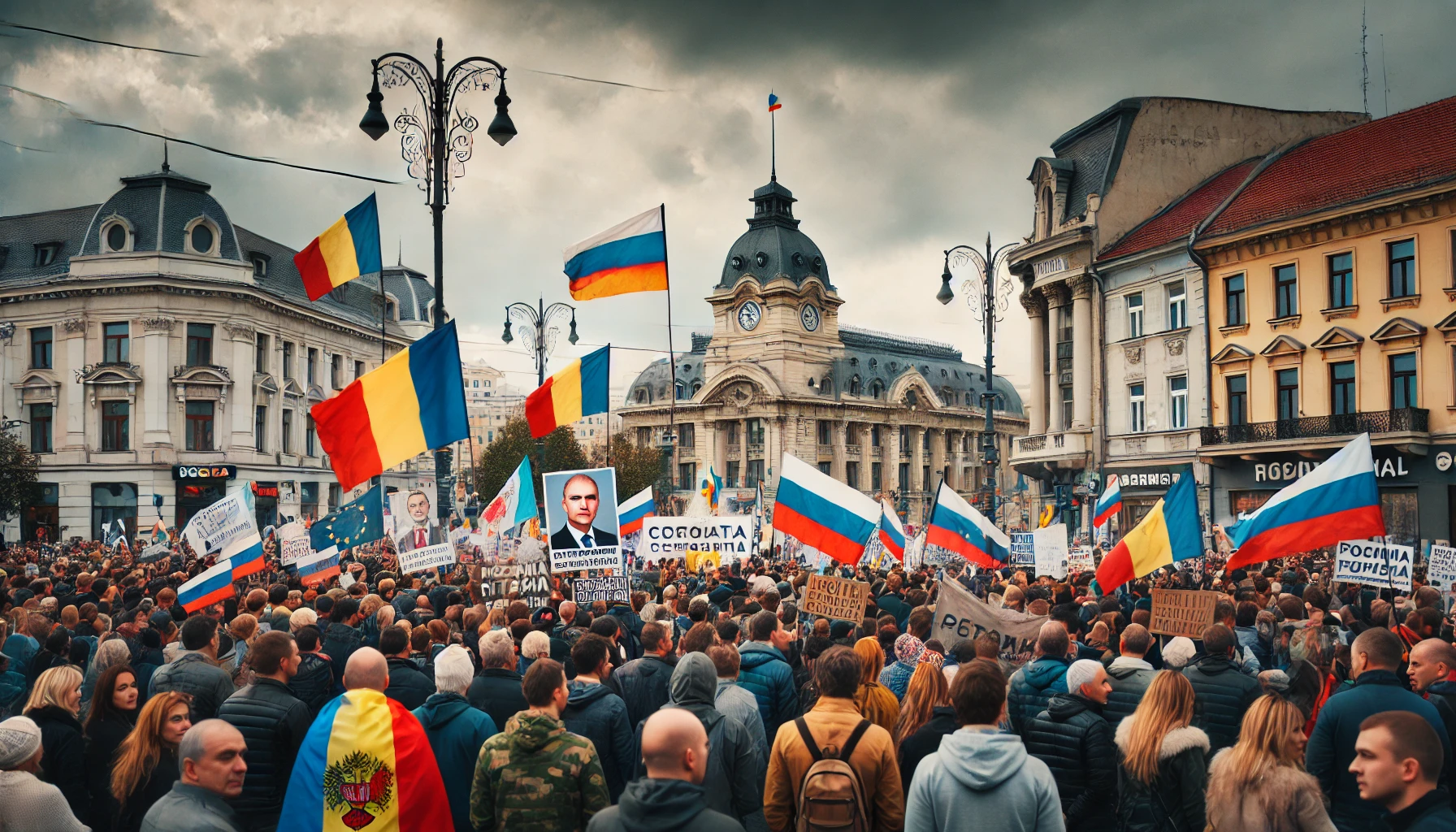
In a striking demonstration of political unrest, far-right supporters in Romania gathered in the capital city of Bucharest to voice their support for a pro-Russian presidential candidate. The protest, which drew hundreds of participants, underscores the growing polarization within the country’s political landscape.
Protest Details and Objectives
The demonstration was organized to express dissatisfaction with Romania’s current pro-European policies and to endorse a candidate perceived as advocating closer ties with Russia. Chanting slogans and waving flags, protesters filled the streets of Bucharest, demanding a shift in the country’s foreign policy.
The candidate’s platform, which emphasizes national sovereignty and opposition to European Union influence, has gained traction among far-right groups. Critics, however, have raised concerns about the implications of such a shift, citing Romania’s strategic importance as a NATO member.
International Implications
The protest has sparked debate among political analysts about the potential impact on Romania’s international relations. A pivot towards Russia could strain ties with the EU and the United States, both of which have been critical of Russia’s actions on the global stage.
“Romania’s geopolitical position is vital for the stability of Eastern Europe,” said a political analyst. “Any shift towards Russia would have significant consequences for regional security.”
Divided Public Opinion
While the far-right movement has gained visibility, public opinion remains deeply divided. Many Romanians continue to support the country’s alignment with Western allies, viewing the EU as a stabilizing force for economic and political development.
Government Response
The Romanian government has yet to issue an official statement on the protest, but sources suggest heightened security measures are being considered to address potential unrest. Authorities have been urged to maintain a balance between ensuring public safety and upholding the right to peaceful assembly.
A Growing Trend?
The protest in Bucharest is part of a broader pattern of far-right movements gaining momentum across Europe. Similar demonstrations have been observed in other countries, fueled by economic frustrations and dissatisfaction with traditional political systems.
As the Romanian presidential election approaches, the influence of such movements will likely remain a topic of intense scrutiny. Observers are watching closely to see how these developments will shape the nation’s future.
This article was prepared for Focus Global News to ensure accurate and engaging reporting on significant global events.





